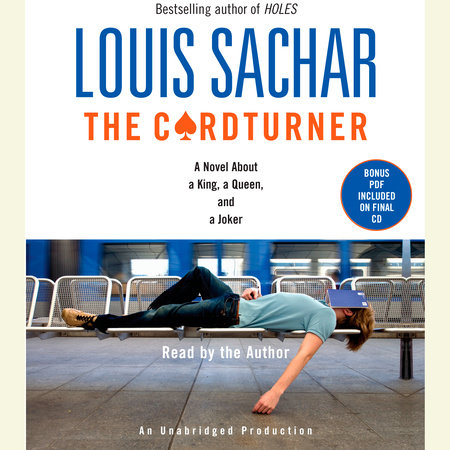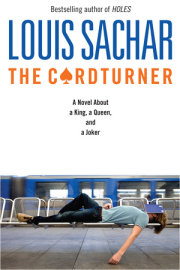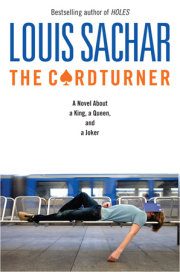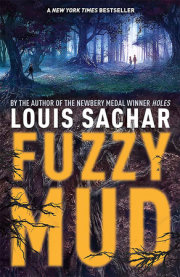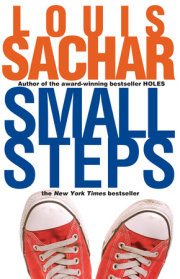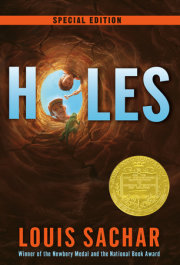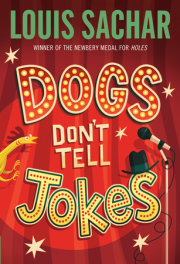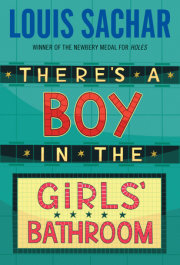1
My Favorite Uncle
Ever since I was a little kid, I've had it drilled into me that my uncle Lester was my favorite uncle. My mother would thrust the phone at me and say, "Uncle Lester wants to talk to you," her voice infused with the same forced enthusiasm she used to describe the deliciousness of canned peas. "Tell him you love him."
"I love you, Uncle Lester," I'd say.
"Tell him he's your favorite uncle."
"You're my favorite uncle."
It got worse as I got older. I never knew what to say to him, and he never seemed all that interested in talking to me. When I became a teenager I felt silly telling him he was my favorite uncle, although my mother still urged me to do so. I'd say things like "Hey, how's it goin'?" and he'd grunt some response. He might ask me a question about school. I imagine it was a great relief to both of us when my mother took back the phone. Our brief conversations always left me feeling embarrassed, and just a little bit creepy.
He was actually my great-uncle, having been my mother's favorite uncle long before he was mine.
I didn't know how much money he had, but he was rich enough that he never had to be nice to anyone. Our favorite uncle never visited us, and I think my mother initiated all the phone conversations with him. Later, after he got really sick, he wouldn't even talk to her. My mother would call almost daily, but she could never get past his housekeeper. I had only met Uncle Lester face to face one time, at his sixty-fifth birthday party. I was six years old, and to me, his house seemed like a castle on a mountaintop. I said the obligatory "Happy birthday" and "I love you" and "You're my favorite uncle" and then steered clear of him.
"His heart is as cold as a brick," my father said on the drive home.
That phrase has stuck with me, I think, because my father used the word cold instead of hard.
My elementary school was a brick building. Every day on the way home, I would drag my fingers over the hard, and yes, cold surface.
I'm in high school now, but still whenever I walk by a brick building, I feel compelled to touch it. Even now, as I write this, I can almost feel the hard coolness, the sharp edges, and the roughness of the cement between the bricks.
Copyright © 2010 by Louis Sachar. All rights reserved. No part of this excerpt may be reproduced or reprinted without permission in writing from the publisher.

